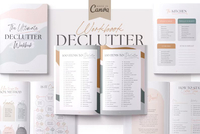10 things professional organizers urge you to stop doing to make decluttering easier
These bad habits are making decluttering and organizing ten times harder, professionals warn
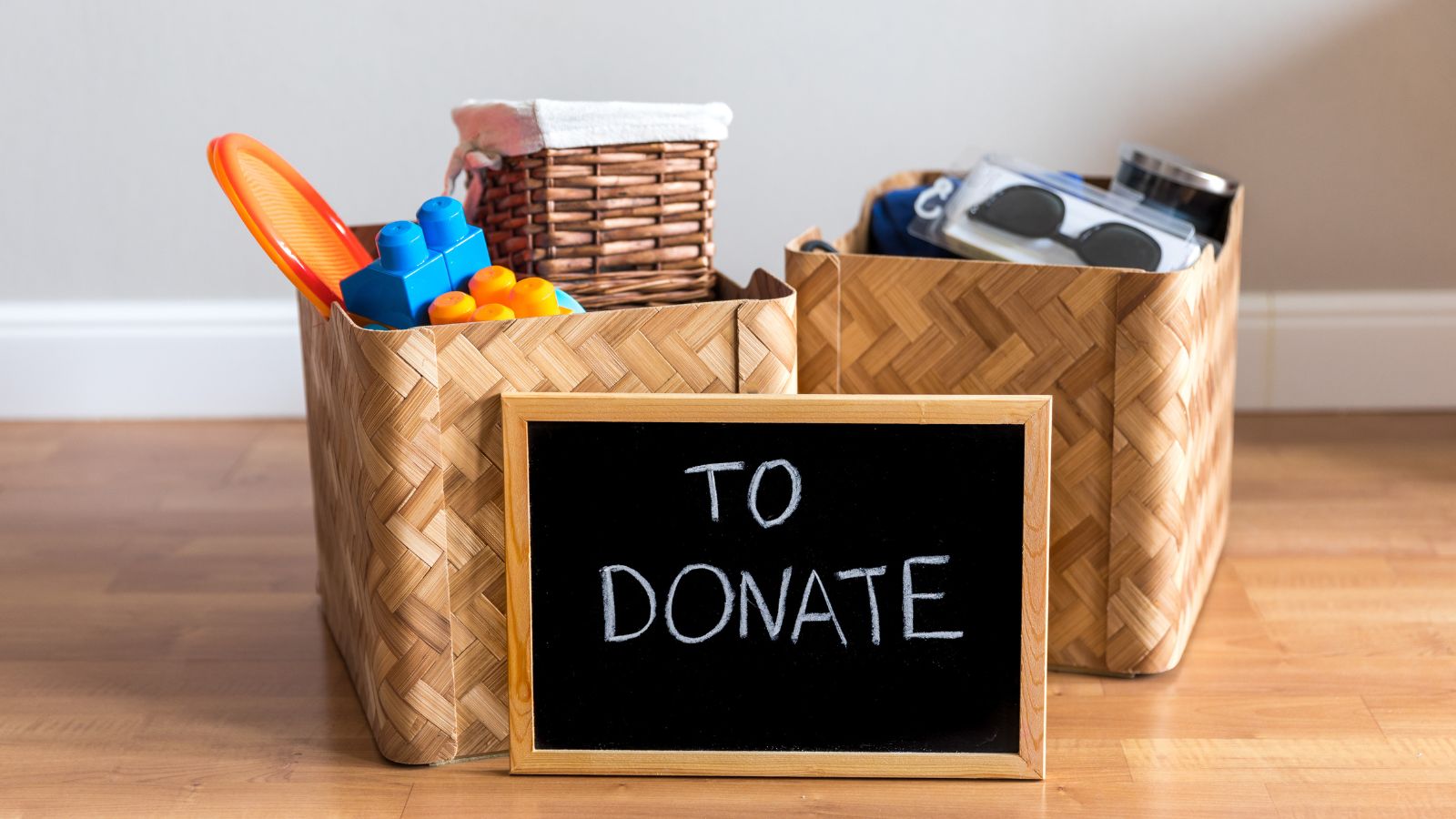
- 1. Trying to work alone
- 2. Being overly sentimental
- 3. Trying to declutter the hard things first
- 4. Not making decluttering a priority
- 5. Trying to work too quickly
- 6. Feeling guilty about belongings
- 7. Thinking you don't have time to declutter
- 8. Not changing our approach when overwhelmed
- 9. Worrying too much about being a perfectionist
- 10. Indulging in negative self-talk
- FAQs

When it comes to decluttering your home there are plenty of organizing mistakes to be made, but we often don't stop to think about the bad mental habits we are consistently repeating that make things harder.
Whether indulging in negative self-talk or trying to tackle a whole house declutter on our own, there are several decluttering mistakes professional organizers are urging us to put a stop to – both for our mental health and our homes.
We have asked professionals for their thoughts on the most detrimental things we need to stop doing when decluttering and organizing, and they offered their tips for making tidying a more positive experience.
10 things professional organizers urge you to stop doing
While we most commonly think of decluttering and organizing mistakes as picking the wrong storage, or not getting rid of enough things, it is often our negative mentalities that lead us to decluttering when overwhelmed.
Here are the things professional organizers wish she would stop doing.

1. Trying to work alone
One of the best decluttering tips professionals recommend time and time again is to work with a partner to prevent overwhelm and make the process a little more fun. Working alone, Lauren Saltman, professional organizer and founder of Living. Simplified. warns, can be detrimental to your progress and your mental health.
‘Let's say you set aside a few hours one afternoon to go through your closet. Invite your bestie over and start trying on your clothes. There is no doubt that having a second set of eyes, and someone who knows you well and will be honest with you, is a great way to declutter the clothing that you are no longer wearing. Enjoy the process and have some fun!’
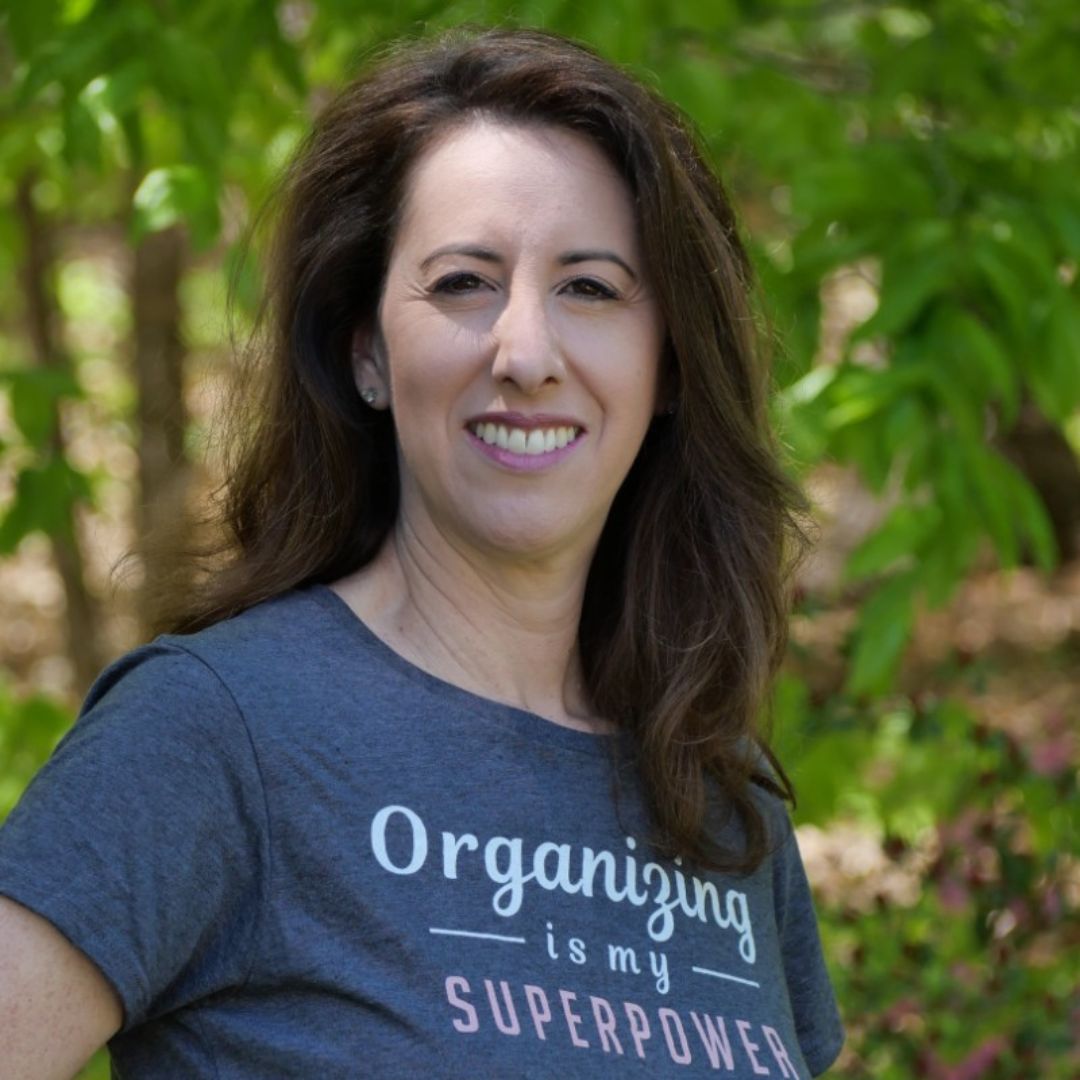
For Professional Organizer Lauren Saltman of Living.Simplified., decluttering and organizing is how she lives her daily life, whether she is organizing her home, a friend’s office, or a client’s garage, her resourceful approach yields happy clients who learn to incorporate techniques for a happier and more simplified lifestyle.
2. Being overly sentimental
While it is okay to have sentimental belongings, it is possible to go a little too far and harbor some unhelpful beliefs about your belongings, says Catherine Hamilton-Cooper, professional declutter and organizer at Tidying Time. This makes decluttering sentimental items even harder than it already is.
‘Rather unhelpfully, we can see our belongings as an extension of ourselves and have unhelpful thinking that if we let go of a physical item we will lose the memory, lose our identity, lose a part of our past, or lose money. Taking photos of an item and keeping them in a diary or journal can help you let go of an item without fear of losing the memory.’
3. Trying to declutter the hard things first
It can be hard to know exactly where to start when decluttering, but one thing all experts agree on is to avoid dealing with the hard items first. Instead, Julianna Poplin, professional declutterer and owner of The Simplicity Habit urges you to begin with the things that are easy decisions for you and ‘save sentimental items or large areas for last as they will be easier to deal with once you've practiced making decisions in other areas and get into a good flow.’
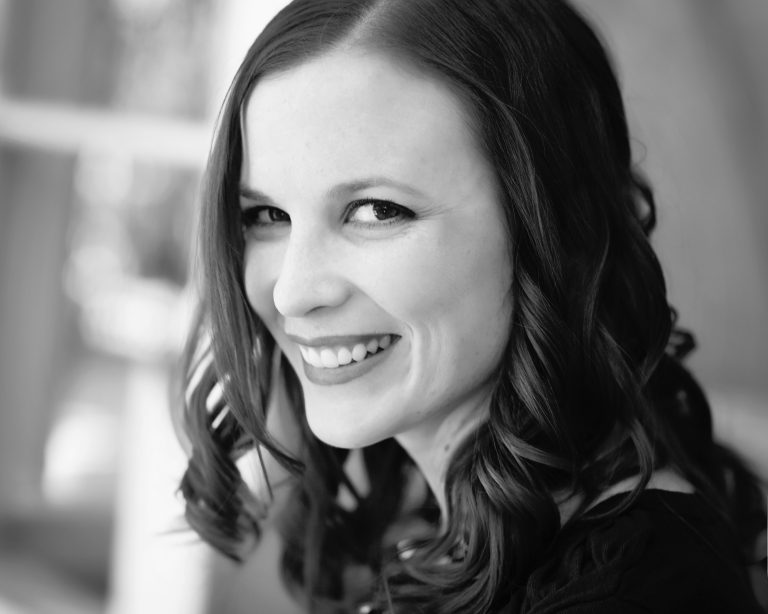
Julianna Poplin loves to help clients discover an intentional life through organizing and decluttering their homes, having become a professional organizer in 2017 to help others find simplicity in their everyday lives.
4. Not making decluttering a priority
Procrastination is the enemy of progress, and nowhere is this more true than for decluttering and organizing, Catherine Hamilton-Cooper, professional declutter points out. ‘Normally if clutter isn’t dealt with, it grows, clutter attracts more clutter – and soon it will need to become a priority because it is affecting your life.
‘Try booking an appointment with yourself and attaching a pre-planned decluttering checklist,’ she suggests. ‘Don't wait to feel motivated as that may never come - the action creates motivation! Get to the bottom of your later mindset and work out why you are procrastinating – is it fear, think about why? Is it a lack of time? Go back to time blocking to work out when you can find the time.’
5. Trying to work too quickly
We are all on the lookout for ways to make home chores go quicker, for instance trying to declutter clothes fast, or speed organizing a kitchen. This may work if you already have good systems in place that have maybe slipped after a busy few days, but it is not a good starting approach, warns Brenda Scott, professional organizer and owner of Tidy My Space.
‘Believing that you can declutter and organize an out-of-control home with good intentions and one weekend is a recipe for burnout. It takes time and stamina and often a buddy to get through tough chores and tasks. There is no harm in working in steady chunks – it is not a race!’
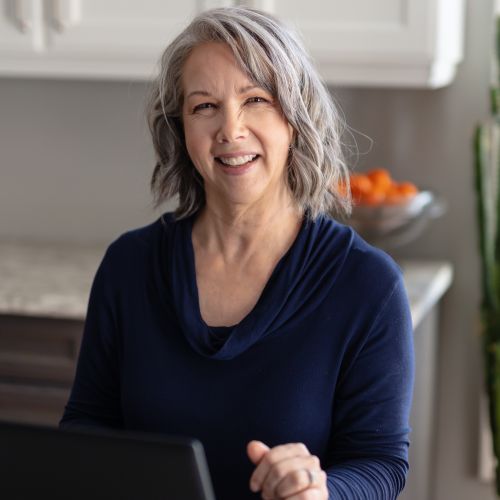
Brenda is passionate about home organizing, decluttering and creating a safe home. At Tidy My Space, she helps people to keep their homes tidy when life gets busy. Brenda shares useful tips and gives practical help with sorting and editing her clients' spaces, leading them to feel less stressed and bringing the luxury of time to be spent with family, friends, or on themselves.
6. Feeling guilty about belongings
One of the biggest barriers to effective decluttering and organizing is feelings of guilt, whether it be about the sheer amount of stuff you have accumulated, or the idea that you have wasted money, says Britnee Tanner, professional home organizer and founder of the eponymous organizing company. Keeping a hold of all of these things is then made worse given that a messy house can cause depression, or worsen low moods.
‘It is easy to simply say “don't feel guilty anymore”, but it is really important to just focus on the fact that you are now willing to part with the excess,’ she says. ‘This simple mindset shift to being thankful for how that item has served you in the past, and looking forward to the sense of relief when it is no longer weighing you down can do wonders for your ability to declutter.’
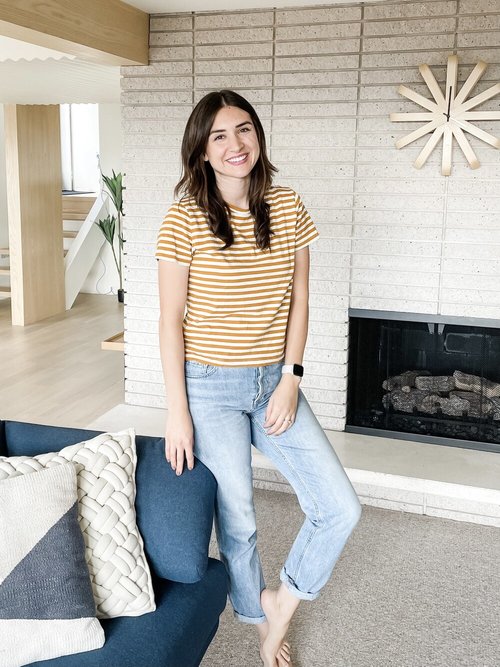
Britnee’s passion for organizing started when she was old enough to store mechanical pencils in her Lisa Frank trapper keeper. Fast forward a few decades and now she now helps other busy women create beautiful, functional spaces in their own homes. Her purpose is to help women (who have a lot going on in their day), simplify their homes and make them intentional and enjoyable.
7. Thinking you don't have time to declutter
If you work full time then it can be easy to fall into the trap of thinking that you do not have time to declutter and organize, but, as Catherine Hamilton-Cooper, professional declutter reminds us, ‘decluttering creates time!’
‘You can live easier, more efficiently and it gives you back time to spend on the most important things in your life,’ she highlights. ‘But you need to dedicate time to declutter to achieve that, even consistent small pockets of time frequently to make a change.
‘Start by time blocking – take a week, break each day into blocks of time of one hour or even 30 minutes. You can then map out your day – often you will find you do have time if you prioritize decluttering enough. You can even declutter watching tv in the evening or get kids involved and declutter with them helping, giving them a job as a helper.’
Decluttering Workbook | $12 at Etsy
This ultimate decluttering workbook is a good tool to keep around for planning your decluttering and cleaning chores.
8. Not changing our approach when overwhelmed
When you feel overwhelmed, the worst thing you can do is try to push through and continue with the negative cycle you have got yourself stuck in, says Felice Cohen, professional organizer, and motivational speaker. Not stopping and getting out of this mindset means ‘you get frozen.’ As a result, you just get frustrated and don't do anything. It is a vicious cycle.
The solution? It is best to take a deep breath and know that decluttering is not hard, Felice says.
‘In fact, it can be fun – but it takes some steps. What helps are easy tricks that get you started and show an immediate difference for when you see progress you get motivated to keep going.’

Felice Cohen has lived in many small spaces throughout her life, meaning that she has become accustomed to living with only the necessities and decluttering what doesn't fit. Now, she uses those skills to help others declutter and organize their homes.
9. Worrying too much about being a perfectionist
The rise of cleaning influencers means that there is a new form of pressure we place on ourselves when it comes to decluttering. The result is counterintuitive perfectionism.
‘Perfectionism is one of my least favorite challenges to tackle,’ says Catherine Hamilton-Cooper, professional declutter, ‘it can prevent us from moving on because we are scared of making a mistake, making the wrong decision, putting something in the wrong place and not being able to find it, and can ultimately lead to us not taking action due to this fear. It is a motivation killer!
‘To help get through it, it is important to understand that imperfect progress is better than no progress.’
Another good way to avoid perfectionism is to take note of the decluttering trends we’ve fallen out of love with and focus on methods that work for you rather than chase aesthetic trends that are unachievable for busy households.
10. Indulging in negative self-talk
The worst offender that professional organizers want us to stop doing is indulging in negative self-talk when organizing our homes. Whenever we are down-talking ourselves over guilt, or are struggling with our closet due to not fitting into clothes, framing decluttering as a negative experience will only hinder progress and bring us down.
‘Thoughts like "I'll never finish this" or "I'm just not good at organizing" can become self-fulfilling prophecies,’ highlights Beatrice Flores, professional organizer and founder of Living Pristine. This harmful cycle can drain your motivation and hinder progress.
‘Instead, try to cultivate a positive mindset by replacing negative self-talk with empowering thoughts – even if it feels forced at first.
‘Remind yourself of past achievements, focus on your strengths, and visualize the end result – a serene and organized home that supports your well-being. Practice self-compassion and give yourself credit for every step taken, no matter how small.’
FAQs
How can I be a better organizer?
To be a better organizer, it helps to look at some examples of what you would like to achieve and set yourself clear goals. Try to focus on making your space more practical before looking at the aesthetics of your space. Once you have created a good plan for what you want to achieve you can break it down into steps and days to get it done. The more you do this, the more practice you will get and the easier it will become.
Why does organizing stress me out?
Organizing can be stressful for some people as the visual appearance of clutter can make it hard to see an endpoint, making the process feel as if it will never end. Panic can then set in as a result and becomes a never-ending cycle of negative associations around cleaning, decluttering, and organizing meaning overwhelm bubbles up before you even begin.
Relinquishing some of these bad habits may not be easy, but it is the best way to start realizing your home organizing ideas without stress and low mood. Always start by decluttering before buying any organizers, or set out a plan for how you want your organized space to look and then work in small sections, purposefully looking at the positive side until it becomes second nature.
Sign up to the Homes & Gardens newsletter
Design expertise in your inbox – from inspiring decorating ideas and beautiful celebrity homes to practical gardening advice and shopping round-ups.

Chiana has been at Homes & Gardens for two years and is our resident 'queen' of non-toxic living. She spends most of her time producing content for the Solved section of the website, helping readers get the most out of their homes through clever decluttering, cleaning, and tidying tips. She was named one of Fixr's top home improvement journalists in 2024.
-
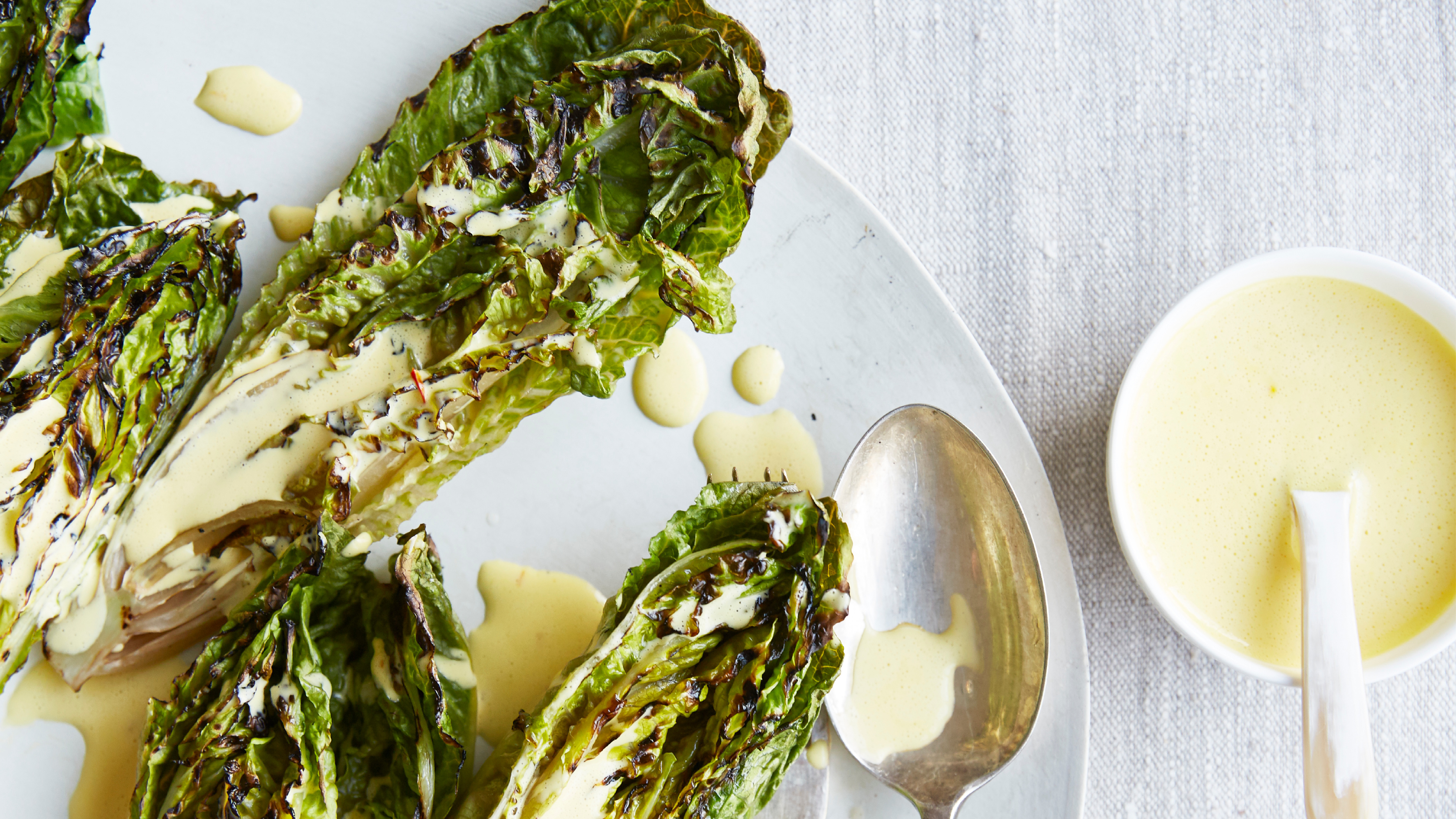 Charred little gem with saffron dressing
Charred little gem with saffron dressingThis recipe with charred little gem is both easy to make and sure to impress guests. It's the perfect side for fresh spring menus
By Alice Hart
-
 Grilled asparagus with herb and pickled red onion
Grilled asparagus with herb and pickled red onionThis grilled asparagus couldn't be easier, and it's a wonderful way to get the best flavor from our favorite spring veg. It's perfect alongside fish or lamb
By Alice Hart
